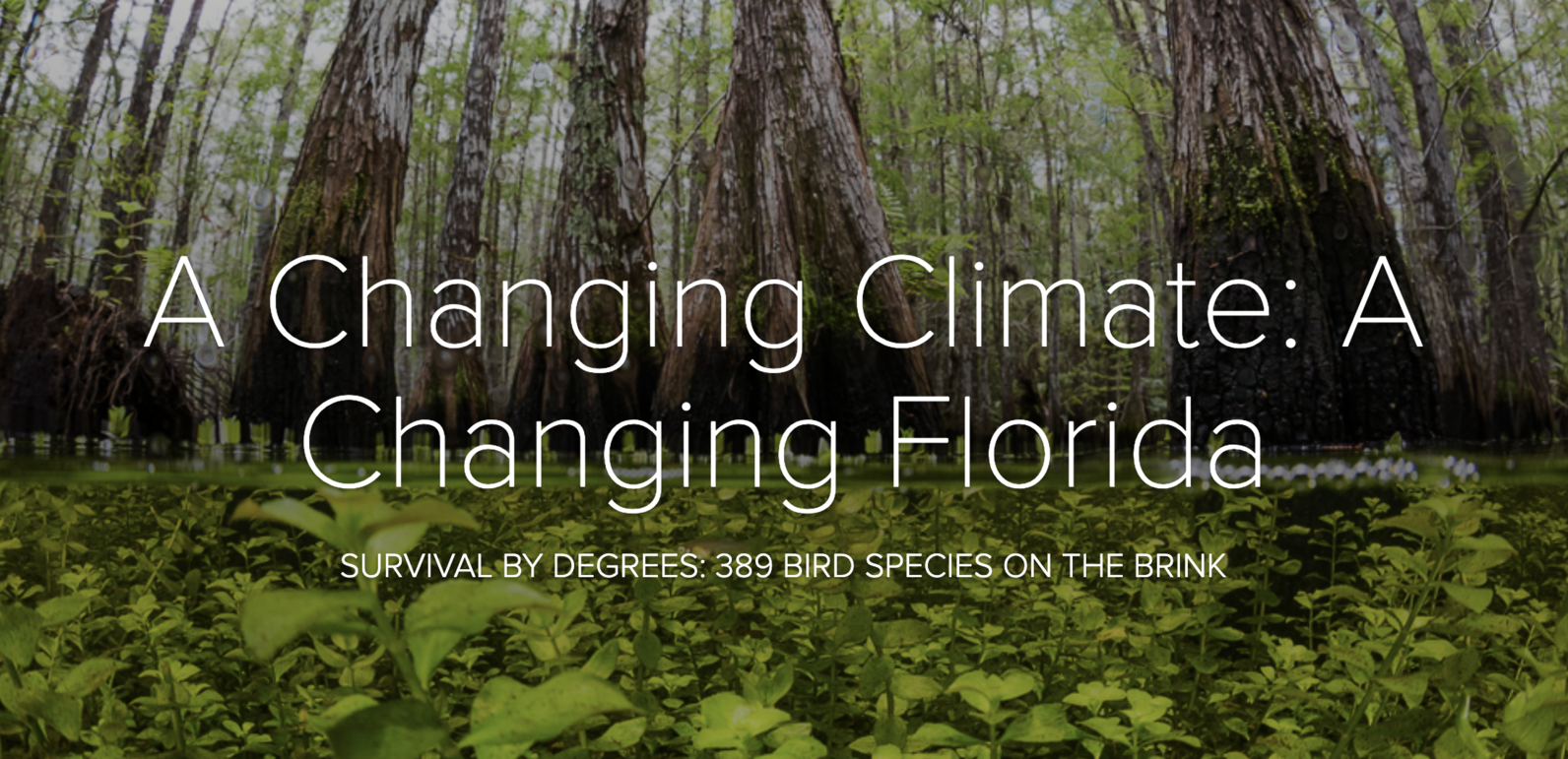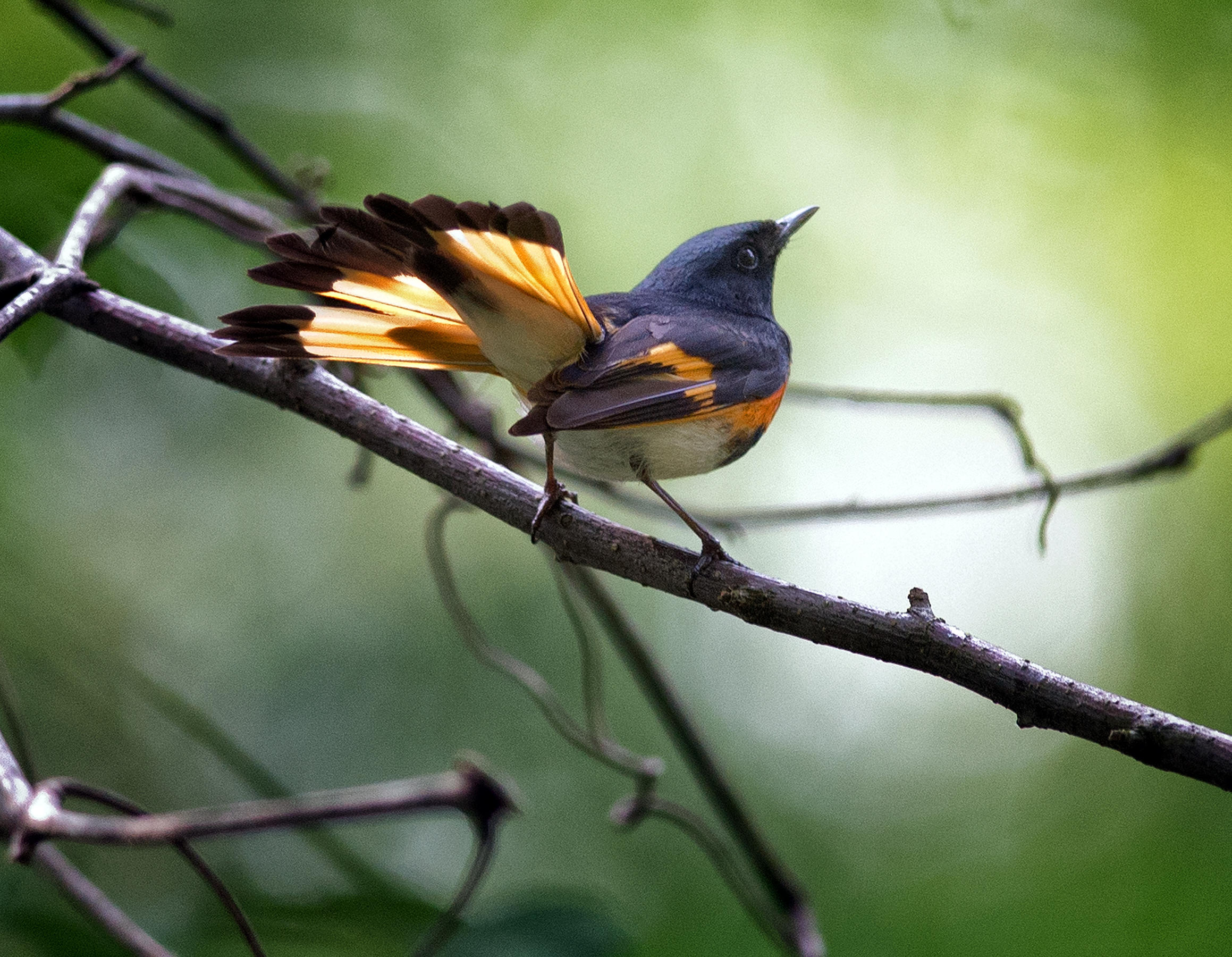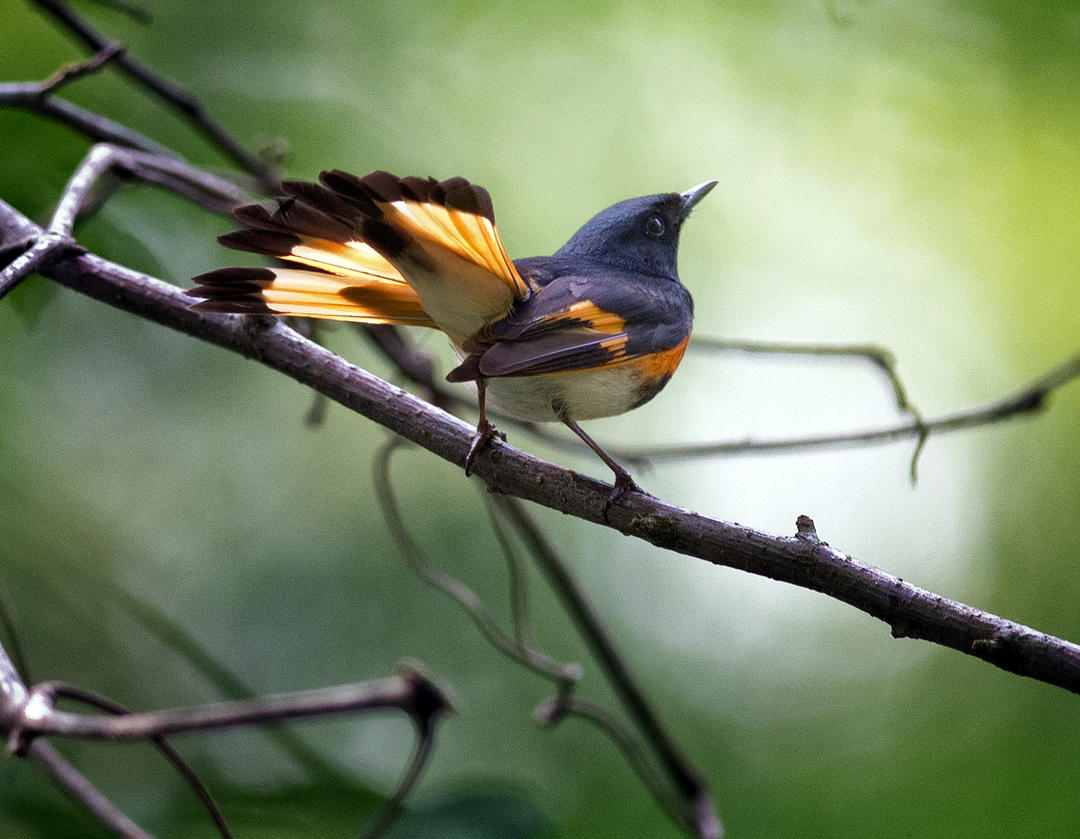Click here to experience Florida's climate focal species and how they will adapt to climate change in a unique, multi-media storytelling format.

The National Audubon Society has announced a groundbreaking climate report, Survival by Degrees: 389 Bird Species on the Brink. As a result of climate change, two-thirds of America’s bird species are threatened with extinction. However, we still have time to save up to 75 percent of these at-risk species if we take action now. In Florida, Audubon is working to reduce our state’s carbon footprint and save taxpayer dollars by improving energy efficiency, helping make our coastal areas more resilient, and inspiring citizens to work with their elected officials to expand renewable energy sources.
In Survival by Degrees, Audubon scientists studied 604 North American bird species using 140 million bird records, including observational data from bird lovers and field biologists across the country.
“Like canaries in the coal mine, birds show us the real threat posed to us by climate change,” explains Julie Wraithmell, Executive Director of Audubon Florida. “What affects birds affects us all—if we act now, we can avoid the worst impacts, to birds and ourselves.”
In addition to the climate model, the Audubon team also studied climate-related impacts on birds across the lower 48 states including sea level rise, Great Lakes level changes, urbanization, cropland expansion, drought, extreme spring heat, fire weather, and heavy rain. Florida species remain particularly vulnerable to a rising Gulf and Atlantic, as well as development, changes in rainfall, and more.
“Florida has lagged on renewable energy, but is catching up quickly,” explains Beth Alvi, Audubon Florida’s Director of Policy, “Investor-owned utilities have made major commitments to close the gap between Florida’s solar potential and reality. Additionally, cities like Tallahassee, St. Petersburg, and Orlando have all committed to 100% renewable energy. The need for leadership like this at local, state, and industry levels is urgent.”
Much of the progress at local levels is driven by individual Floridians. Audubon Florida and its chapters collaborates with municipalities to make real gains for climate resilience at local levels. To make it easier for Floridians to engage their cities and counties on these issues, Audubon Florida is piloting a Model Ordinance Toolkit with examples citizens can take to their councils and commissions for adoption.
Audubon has outlined an additional five key steps to tackle global climate change:
- Reduce your use of energy at home and ask your elected officials to support energy-saving policies that reduce the overall demand for electricity and that save consumers money.
- Ask your elected officials to expand consumer-driven clean energy development that grows jobs in your community—like solar or wind power.
- Reduce the amount of carbon pollution released into the atmosphere. In order to drive down carbon emissions, we will need innovative economy-wide solutions that address every sector of the economy—like a fee on carbon. Another option is to address carbon emissions one sector at a time, like setting a clean energy standard for electricity generation.
- Advocate for natural solutions, from increasing wetlands along coasts and rivers to absorb soaking rains to protecting forests and grasslands that are homes to birds and serve as carbon storage banks to putting native plants everywhere to help birds adapt to climate change.
- Ask elected leaders to be climate and conservation champions.
Last month, Science published a study by a joint team of conservation biologists describing a grim picture: a steady decline of nearly three billion North American birds since 1970, primarily as a result of human activities. Climate change will further exacerbate the challenges birds are already facing from human activity.
In 2014, Audubon published its first Birds and Climate Change Report. The study showed that more than half of the bird species in North America could lose at least half of their current ranges by 2080 due to rising temperatures. Audubon’s new findings reflect an expanded and more precise data set, and indicate the dire situation for birds and the places they need will continue.
Sign up for Audubon Florida Advocate alerts here.










